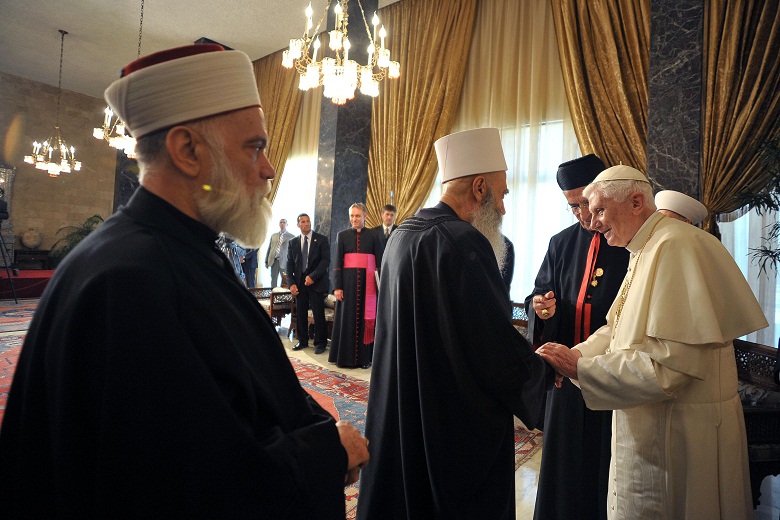Once again, the negotiations over the Ethiopian Dam return timidly. Perhaps it was US President Donald Trump’s statement about Egypt’s right to bomb the Ethiopian Dam that gave the stalled negotiations the kiss of life. Whether it was because of Trump’s statement or any other regional changes, the result will be the same, as Ethiopia will always find an excuse to thwart any attempt to reach a solution to the points of disagreement.
There are two sides in this dispute; Ethiopia, which seeks to reach nonbinding agreement of guidelines only for the operation and filling of the dam, and the other side, namely Sudan and Egypt, which seek to reach a legally binding agreement in accordance with the international law, the latter view is also shared by the World Bank and the African Union.
Another disagreement point is the dispute settlement mechanism. Ethiopia says that any future dispute over the Ethiopian Dam can be referred to the heads of state of the three countries, while Egypt believes that a third-party guarantor should be included to ensure that Ethiopia meets a pledge to continue negotiating in good faith on outstanding issues. Ethiopia believes that the role of a third party should be limited to providing advice only.
Reports from Ethiopia show that Addis Ababa aims to use the negotiations as a tactical manoeuvre to avoid signing a legally binding agreement that may restrict its ambitions to build more dams on its transboundary rivers, whether the Blue Nile, the Atbara, or the Sobat.
In the current tripartite negotiations, Ethiopia tries to increase its Nile water share to change its rainwater irrigation system, which causes major problems for Ethiopian farmers. At the same time, Sudanese and Egyptian negotiators do not see any legal justification for Ethiopia’s attempts to include the Nile Waters Agreement in the current negotiations over the Dam.
We should also bear in mind what Dr. Mohamed Abdel-Aaty, the Egyptian Minister of Irrigation, said about the fact that filling the Ethiopian Dam will lead to drought in Egypt, and that the crisis may double during the normal drought periods. Abdel-Aaty said, “The negotiations ended with no agreement, whether on the legal aspect or the technical one. I do not think there is an opportunity to reach any agreement at the last meeting. Ethiopia must understand that filling the dam will cause drought in Egypt.”
So far, Ethiopia has been badly handling the Dam dispute, while it also suffers a set of grinding internal and border problems, masked by the pretence that all is well.
Dr. Hatem Sadiq – Professor at Helwan University

